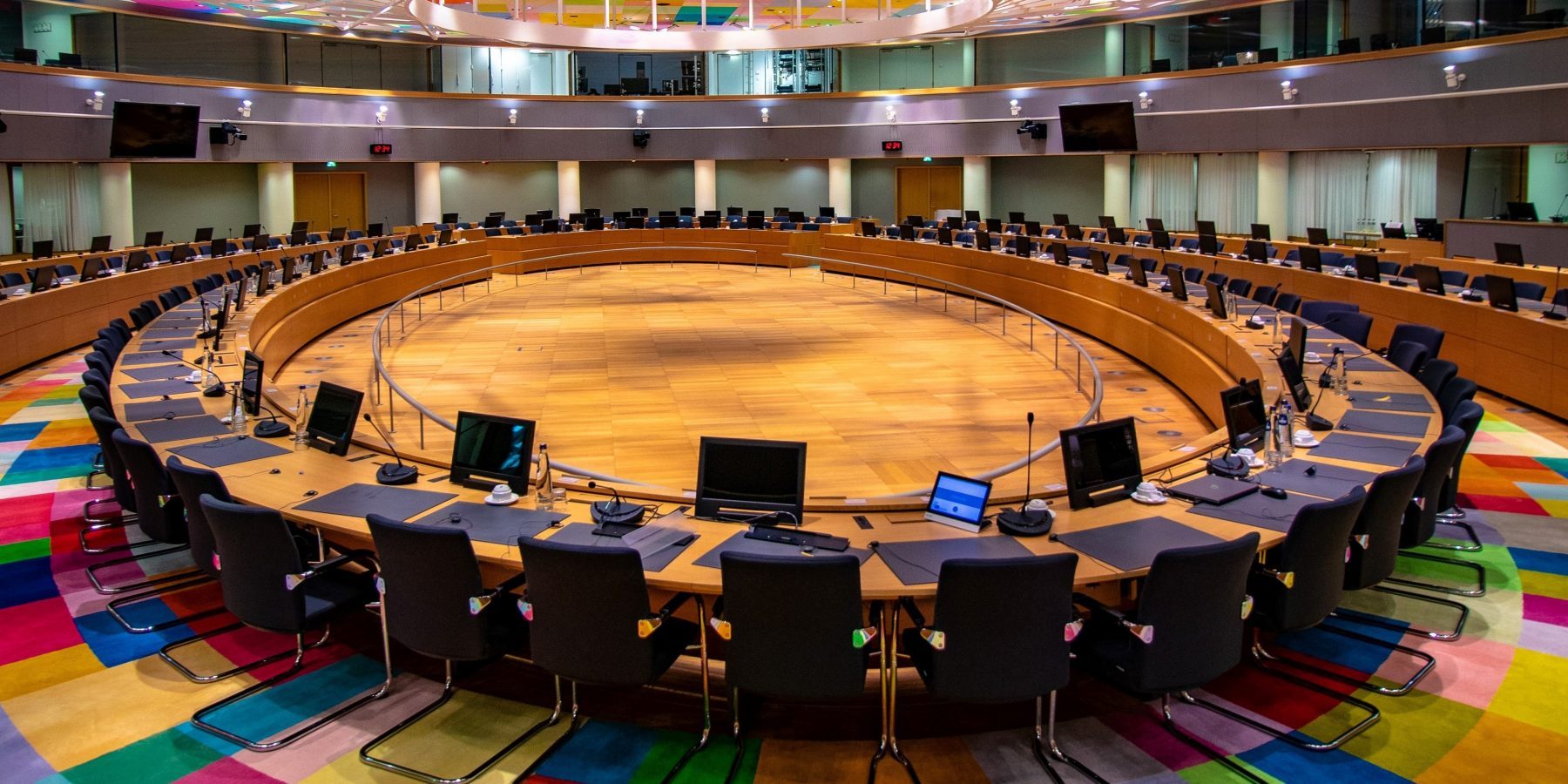
Historical progress made in the push for pay parity
Gender pay transparency directive negotiations successfully conclude.

Having initially been proposed by the Commission in April of 2021, today, December 15 2022, the gender pay transparency negotiations concluded with a landmark victory for European workers. In April of this year, the European Parliament provided the file rapporteurs with an overwhelming mandate, passing plenary with 403 votes in favour, 166 against and 58 abstentions. As previously mentioned, negotiations with the Council and Commission were never likely to be easy, but under the Czech presidency, a political agreement has been found.
Following five rounds of negotiation, the Council now has the opportunity to adopt this directive before Christmas. With gender inequality rife in Europe, a swift adoption would be a sure sign that equal pay for equal work is a priority of Member States.
Negotiators have secured a number of crucial clauses, including:
- A clear role for trade unions and workers, including the right to request and receive information on their individual pay level and the average pay levels for workers doing the same work or work of equal value, broken down by sex.
- The right to access on objective and gender-neutral criteria used by employers to define pay and possible pay rises.
- The provision, by employers in companies of 100+ employees, of information about the pay gap between female and male workers in their organisation, to be shared with national authorities, workers and workers representatives.
- The right to initiate joint pay assessments with employers, in cooperation with workers and their representatives.
- Where equal pay principle obligations have not been respected, workers will have a right to claim compensation.
In another landmark move, the text becomes the first to recognise non-binary people within its scope, while including intersectionality as an aggravating factor for pay discrimination, while strengthening the possibilities to take equal pay claims to court.
“Pay transparency is one of the greatest tools at our disposal for eradicating unequal pay. Once adopted, trade unions will play a central role in ensuring the implementation of the directive, which will change the lives of workers all over Europe” - Nayla Glaise
Reacting to the news, Eurocadres President Nayla Glaise stated:
“We are thrilled to see this progress, and thank the negotiating team for their outstanding work throughout the five rounds of talks.
Pay transparency is one of the greatest tools at our disposal for eradicating unequal pay. Once adopted, trade unions will play a central role in ensuring the implementation of the directive, which will change the lives of workers all over Europe.
While not an overnight fix, this text offers a real possibility for us to begin to lower the current 14% gender pay gap. We will work with legislators and employers to guarantee that action is taken where it needs to be”.
